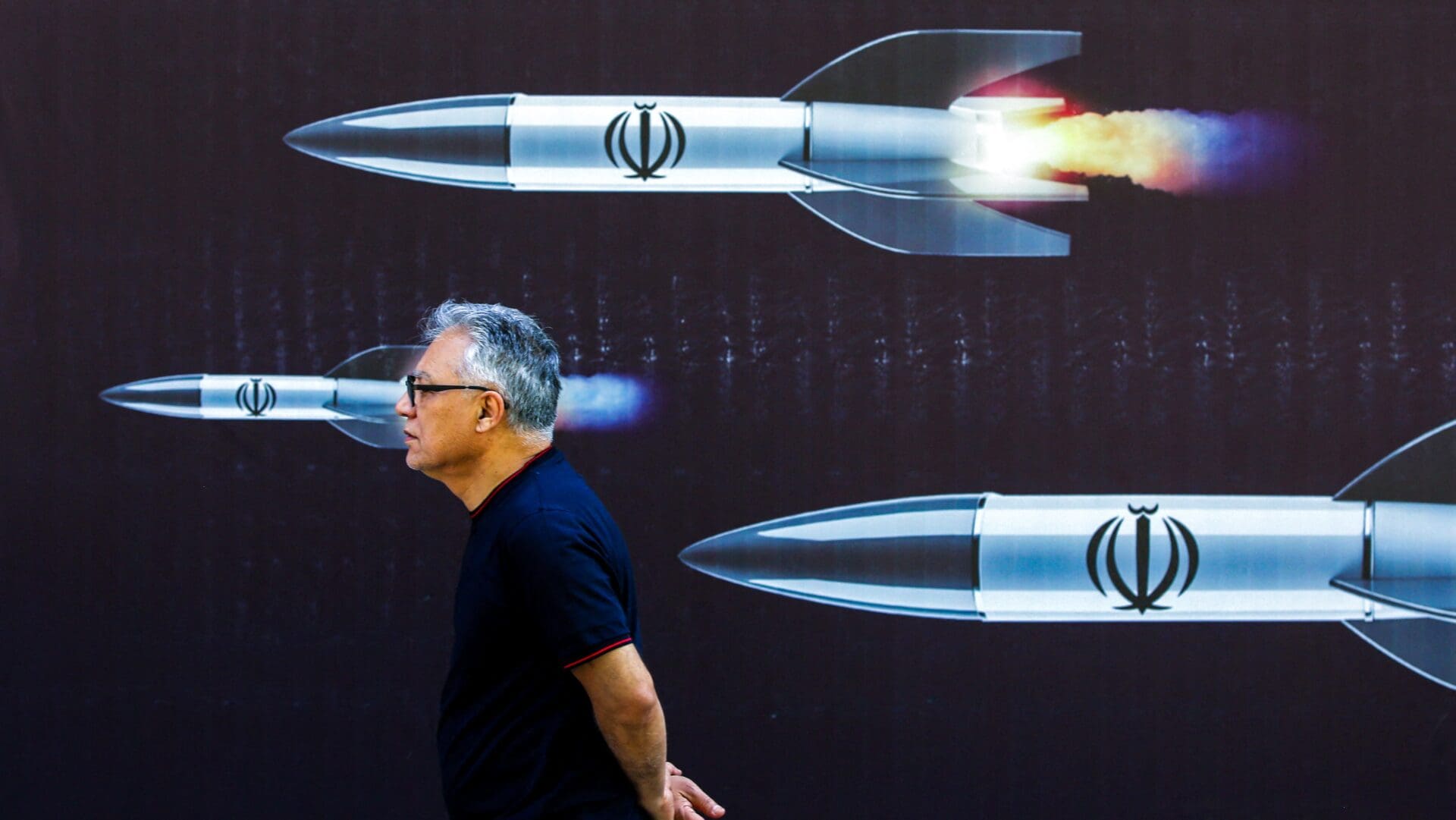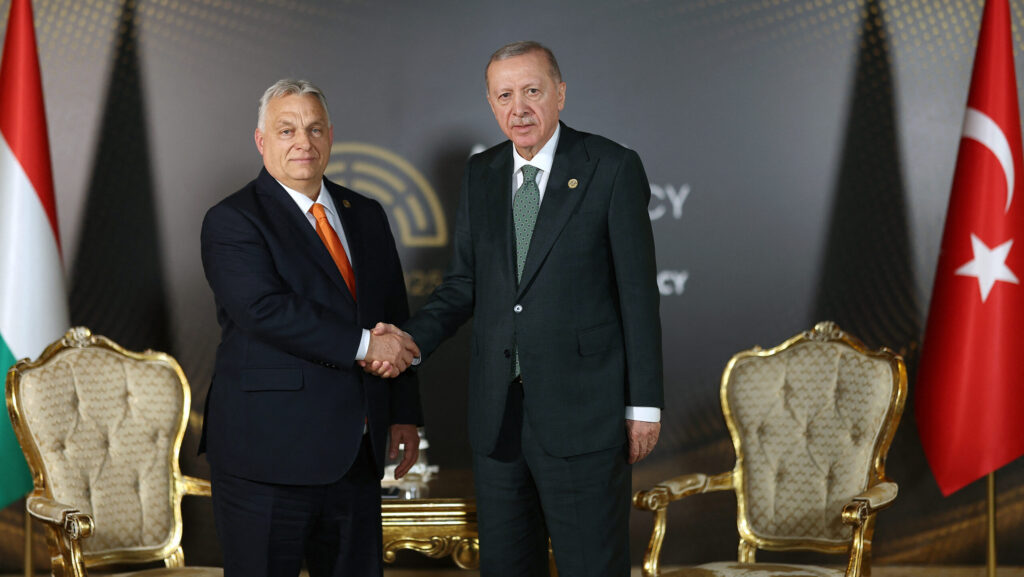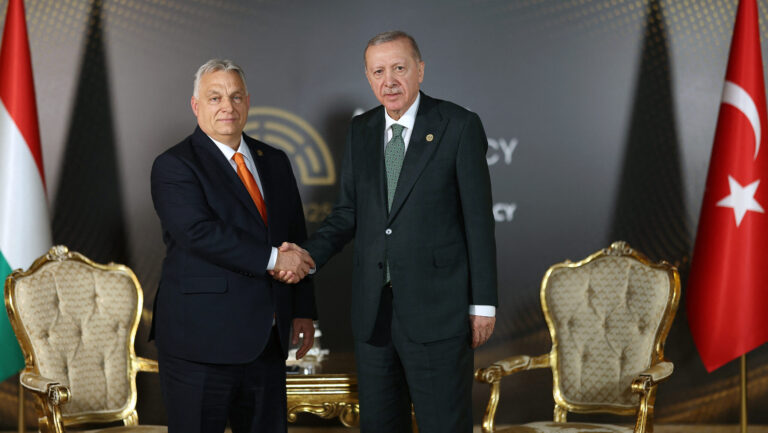Israel may have launched its long-planned retaliatory strike against Iran on Friday, Reuters and all other main news agencies reported. Iranian state media said there had been explosions, but the Iranian source who spoke to the news agency said they were only due to the operation of the air defence system. State media reported that three drones over the central city of Isfahan had been shot down.
As of the time of writing this article, Israel’s leadership and military have remained silent. A senior Iranian official informed Reuters that Iran had no immediate plans for retaliation. Additionally, Iranian state media initially also responded to the attack with restraint.
The United States received notification before Israel’s apparent attack, a source familiar with the situation told Reuters.
However, responsibility for the attack remains uncertain. ‘The foreign source of the incident has not been confirmed. We have not received any reports of external attacks, and the prevailing discussion leans more towards infiltration rather than a direct attack,’ stated the Iranian official. An analyst speaking on state TV suggested that mini drones operated by ‘infiltrators from within Iran’ were intercepted by air defences in Isfahan. Iranian state TV reported that shortly after midnight, ‘three drones were sighted in the skies over Isfahan. The air defence system was activated and successfully neutralized these drones.’ Senior army commander Siavosh Mihandoust was quoted by state TV as saying that the air defence systems had targeted a ‘suspicious object.’
Iranian President Ebrahim Raisi had warned Israel before Friday’s strike that
Tehran would deliver a ‘severe response’ to any attack on its territory.
The International Atomic Energy Agency (IAEA) confirmed Iranian reports that there was no damage to Iran’s nuclear sites in the alleged attack by Israel. Tehran asserts that its nuclear activities are peaceful, although the West suspects its intentions to be geared towards weapon development. The Natanz nuclear site, which serves as the focal point of Iran’s uranium enrichment program, is located in Isfahan province.
On 13 April Tehran launched a massive retaliatory strike against Israel in response to the Jewish state’s attack on Iran’s embassy in Damascus on 1 April. The Tehran attack aimed at Israel involved at least 170 drones, 30 cruise missiles, and over 120 ballistic missiles. The Israeli air defence successfully intercepted 99 per cent of these projectiles before they breached the state’s airspace.
After the Iranian retaliatory strike, the international community, spearheaded by the United States, sought to dissuade Israel from hastily retaliating. Israeli Prime Minister Benjamin Netanyahu’s war cabinet has convened regularly in recent days, deliberating on how best to respond to the unprecedented Iranian strike.
Following the Iranian attack, Hungarian Prime Minister Viktor Orbán convened the Defence Council. ‘We strongly condemn this attack. However, its implications extend far beyond the immediate conflict, posing a grave risk of engulfing the entire Middle East in inter-state warfare. This not only constitutes a regional concern but also represents a significant threat to global stability, including Hungary,’ PM Orbán stated.
According to an analysis by Foreign Policy, the April 13 attack signifies a shift in Iran’s strategy. They argue that the retaliatory strike indicates that the hit-and-run tactics commonly employed by Israel and the United States, involving drone strikes to eliminate senior commanders and officials outside Iran’s borders, will no longer be effective. The threat of Iranian retaliation will now constantly loom over such actions. Conservative Iranian analyst Gholamreza Bani Asadi emphasized:
‘The era of hit-and-run is over. A single strike against us will result in a tenfold response.’
The Supreme National Security Council of Iran, the principal body responsible for foreign-policy decision-making emphasized that the operation was a constrained response, targeting solely military installations. ‘Iran has carried out the minimum necessary punitive action against the aggressive Zionist regime to secure its national interests and national security,’ it stated.
In another analysis, Foreign Policy suggests that engaging in a hot war with Iran would severely strain the Israeli army, already fatigued from months of conflict. Currently, Israel faces a dual-front challenge: the ground offensive initiated in Gaza last year has encountered a slowdown, with the primary objective of neutralizing the terrorist organization Hamas requiring the elimination of approximately 3,000 more fighters. Furthermore, along the Lebanese border, Hezbollah engages in a low-intensity conflict with Israel, characterized mainly by border skirmishes and rocket attacks. Additionally, tensions are mounting in the West Bank between Palestinians and Israeli settlers. ‘Israel has a significant opportunity cost, and there’s a lot of risk of getting back into a tennis match right now with Iran,’ pointed out Jonathan Lord, a former U.S. defence official and congressional aide who is now the director of the Middle East security program at the Center for a New American Security, a Washington-based think tank.
Read more on the Israel–Iran conflict:








